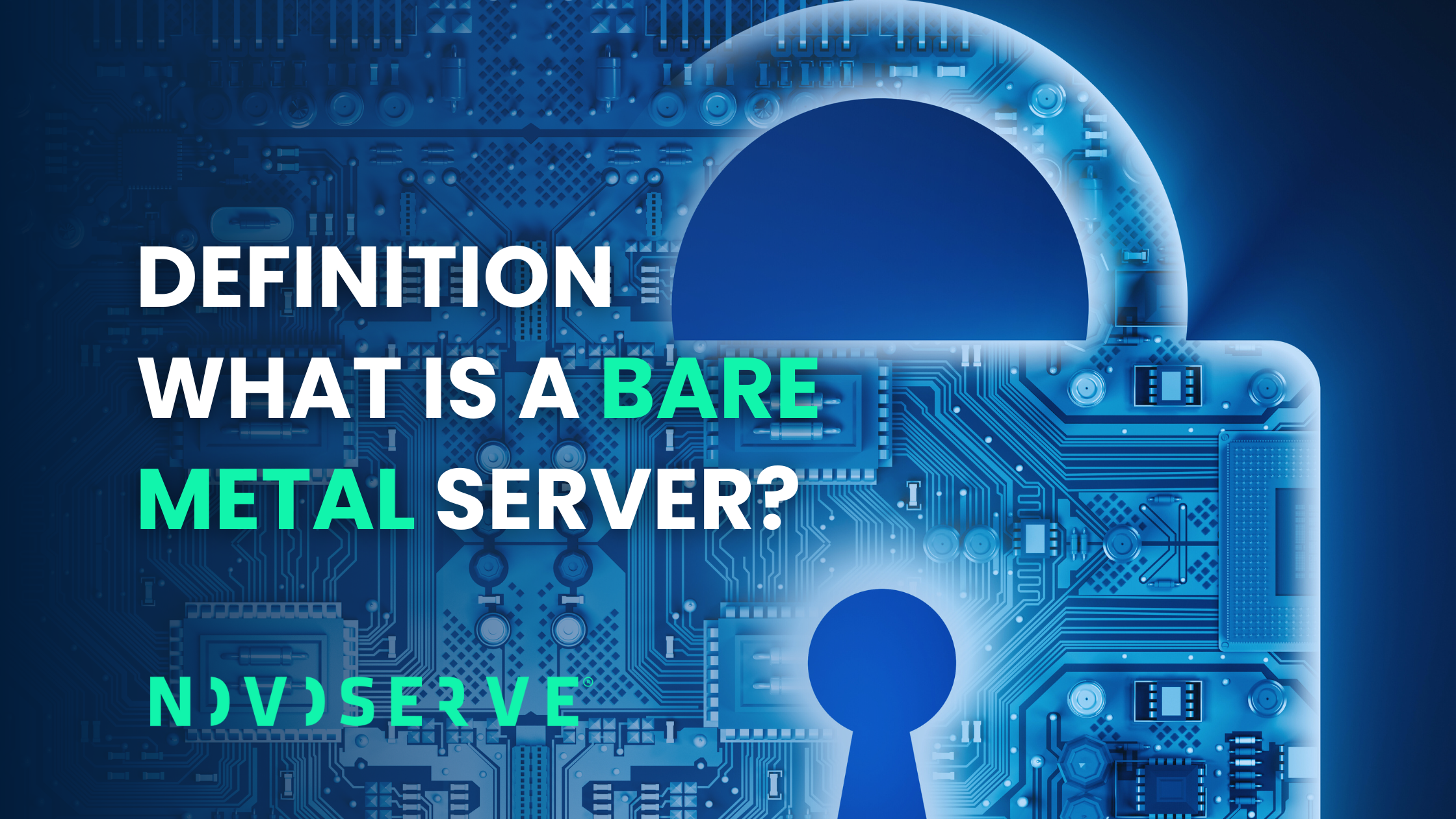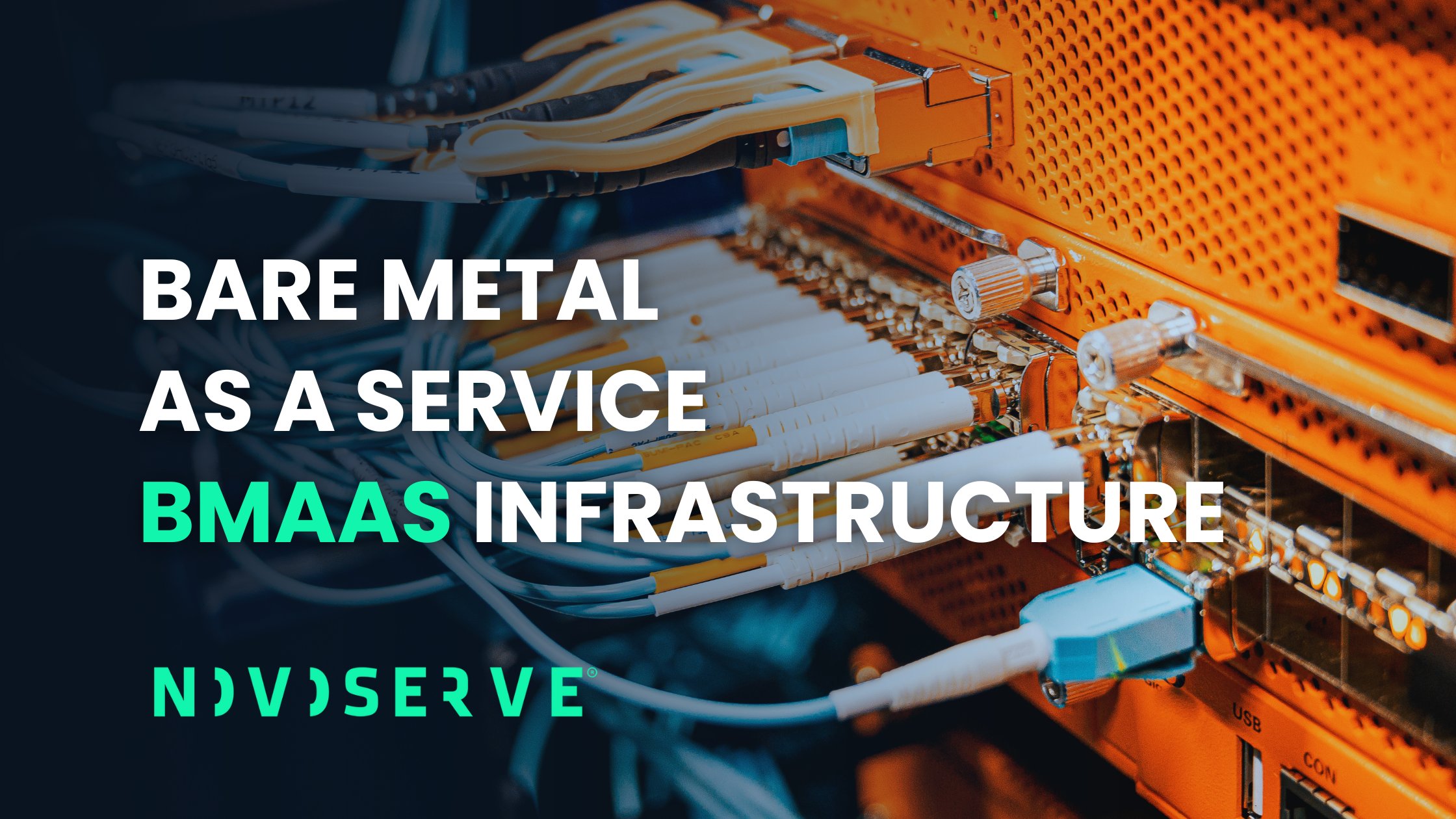Unlike virtualized environments, the bare metal dedicated infrastructure contains no hypervisor or shared resources. Users have direct control over hardware components like CPUs, RAM, storage, and networking. This direct access ensures there’s zero performance overhead from virtualization, making it an ideal foundation for bare metal hosting. Physically isolated from other tenants, these servers avoid noisy neighbor issues and maintain rigorous security via firmware and BIOS configurations.
Unmatched Bare Metal Performance
When discussing bare metal hosting, the primary advantage is sheer performance. Because resources are not shared, tasks that require high I/O, low latency, or significant processing power—such as big data analytics or real-time streaming—run dramatically faster. Industries like high-frequency financial trading, scientific research, and online gaming depend on the guaranteed stability that bare metal server setups provide . With no virtualization layer, every CPU cycle and memory operation directly serves your workload, making bare metal dedicated server the top choice for performance-critical applications.
Total Customization & Hardware Control
One of the defining attributes of a bare metal server is its ability to be customized at every layer. Organizations can select specific hardware—down to RAID configurations, NVMe vs. SATA disks, and GPUs—based on workload needs . Moreover, from BIOS-level tuning and firmware settings to the installation of proprietary operating systems, the level of configuration goes far beyond what shared or virtualized services allow. If you're deploying an AI cluster or a container-based microservice environment, bare metal hosting serves as the ideal substrate.
Rock-Solid Security and Physical Isolation
Security is significantly enhanced with bare metal infrastructure because each server is dedicated to one customer. Physical separation reduces cross-tenant vulnerabilities and ensures compliance for industries bound by GDPR, HIPAA, PCI‑DSS, and other standards. Administrators can further lock down systems with custom firmware, BIOS-level protections, encrypted volumes, advanced firewalling, and intrusion detection. For businesses handling sensitive data, a bare metal dedicated server offers peace of mind that virtualization simply cannot match.
Predictable, Consistent Resource Allocation
One of the most compelling benefits of bare metal hosting is its predictability. Unlike cloud VMs or shared environments, there’s no risk of performance dips due to neighboring workloads. This consistency is critical for applications like ERP systems, high-traffic storefronts, or latency-sensitive streaming services. With fixed compute and bandwidth resources, you don't face unexpected throttling or noisy neighbor slowdowns. If your infrastructure demands unwavering responsiveness, a bare metal server is the foundation you can count on.
Scalability, Flexibility & Budget Control
While bare metal setups require manual scaling, modern providers simplify this process with intuitive dashboards that let you add CPU cores, RAM, GPUs, or storage on demand. This flexibility extends to integration with cloud services, enabling hybrid architectures that allocate mission-critical workloads to bare metal while keeping bursty workloads in the cloud . Moreover, fixed pricing models allow businesses to predict expenses and avoid unpredictable billing often seen in public cloud ecosystems — making bare metal hosting a cost-effective alternative for stable workloads.
Key Use Cases
High-Performance Computing & AI/ML
Tasks like large-scale simulations, algorithmic trading, and deep learning require uncompromising compute power. Bare metal dedicated server setups with GPUs and NVMe storage deliver unmatched efficiency, freeing your workloads from virtualization bottlenecks .
Companies managing vast datasets benefit from dedicated I/O throughput and zero jitter environments. Bare metal hosting enables rapid SQL, NoSQL, or ETL processing without the performance penalties of shared infrastructure.
Latency-sensitive networks and high concurrent user counts are vital in gaming and streaming. With its dedicated resources and optimal networking pathways, a bare metal server ensures smooth, low-lag user experiences .
Regulated Industries & Compliance
Healthcare, finance, and government workloads often mandate data isolation and traceability. The physical separation and customizable security stack of bare metal hosting simplify adherence to strict regulations.
Private Cloud & Hybrid Architectures
For organizations with hybrid goals, bare metal forms the backbone of on-premises or private cloud infrastructures. Combined with public cloud services, it enables optimal performance across mission-critical and scalable workloads.
Why Choose Bare Metal Servers?
A well-configured bare metal dedicated server delivers unparalleled compute performance, hardware-level customization, top-tier security, and consistent resource availability. Against the backdrop of predictable costs and compliance-readiness, bare metal becomes a compelling platform for enterprise workloads that can’t compromise on reliability or speed. By aligning infrastructure to actual workload needs, bare metal hosting positions your business for growth—whether you're powering AI research, e-commerce platforms, or global gaming experiences.
You can live chat with us and start building bare metal servers in our US-hosted and EU-hosted datacenters.





